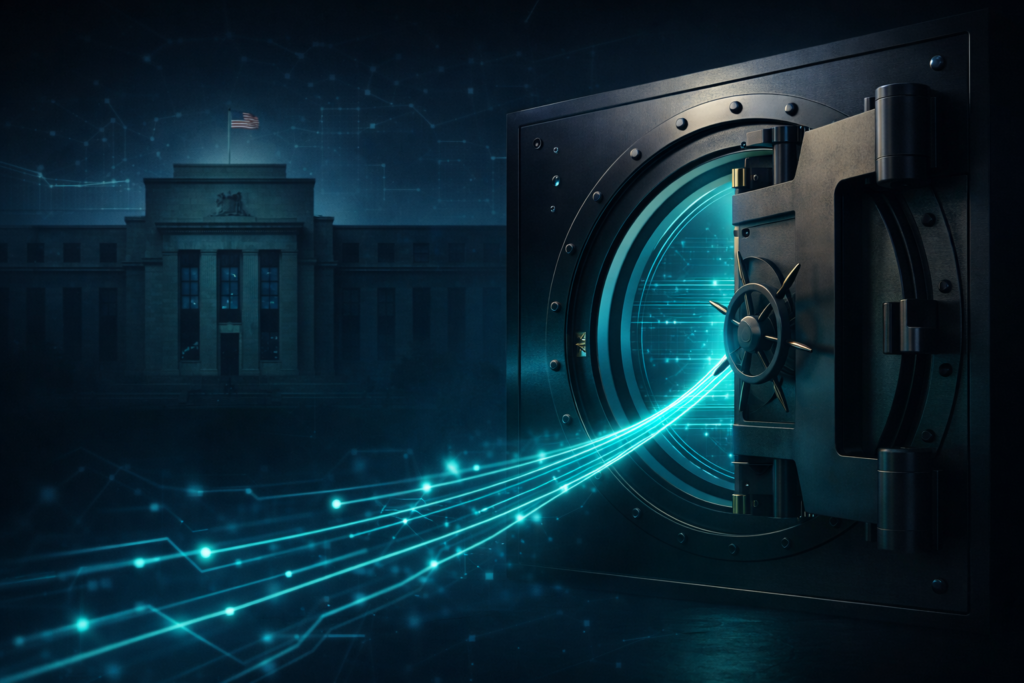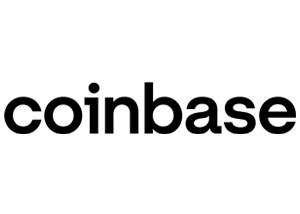DeFi Rate: Track Markets & Optimize Yield
We track live data across prediction markets and core DeFi sectors: lending, borrowing, and decentralized exchanges. We aggregate data from on-chain feeds, platform APIs, and our own databases, then normalize it so you can compare volumes, rates, and market activity across platforms on a single dashboard.

Market Data
We aggregate raw data from four prediction market platforms into volume-weighted consensus pricing you can’t find anywhere else. Each dashboard tracks cross-platform probabilities, spreads, and arbitrage opportunities so you can compare pricing, follow momentum, and act on discrepancies before they close.
World Cup Odds
Live World Cup odds aggregated across four prediction market platforms. Track volume-weighted consensus probabilities and cross-platform spreads — updated hourly.
Fed Rate Decision
Real-time probability on the next FOMC rate decision. See the probability of a cut, hold, or hike at a glance, with platform-by-platform breakdowns, historical probability charts
Bitcoin Price
Track where prediction markets think BTC is headed. We aggregate price-level probabilities from four platforms so you can compare consensus targets, spot divergences between providers.
Calculators
Free tools for market traders: convert between probability, decimal, American, and fractional odds formats, scan for cross-platform arbitrage, fee calculator, size positions with Kelly Criterion, and run expected value calculations.
DeFi Analytics & App Discovery
We focus on the sectors where data actually matters: prediction markets, DeFi lending, crypto borrowing, and decentralized exchanges. For each, we curate reputable platforms, pull structured on-chain and market data, and surface it through clear dashboards so you can compare protocols, monitor usage, and spot new opportunities.
Prediction Markets
A live dashboard for prediction markets: compare platforms, spot trends, and browse the cross-platform Top 30 movers.
Crypto Lending
Compare DeFi lending rates and APYs across leading protocols so you can earn yield on your crypto with clearer risk and return data.
Crypto Borrowing
Track crypto borrowing rates side by side, so you can unlock liquidity against your holdings while understanding costs and collateral requirements.
DEX Exchanges
Decentralized exchanges let users trade directly from their wallets, with low-friction swaps and broad token access. We highlight DEXs where depth, fees, and UX make the most sense.
DeFi News
A selection of recent stories on prediction markets, DeFi, and on-chain finance.
- Kevin Warsh Fed Chair Nomination Official, Settling $807M Prediction Market
 Next fed chair prediction markets attracted $806.9 million in volume across Kalshi and Polymarket, with traders pricing Kevin Warsh at 93% odds just before the official nomination came through on March 4.
Next fed chair prediction markets attracted $806.9 million in volume across Kalshi and Polymarket, with traders pricing Kevin Warsh at 93% odds just before the official nomination came through on March 4. - Kraken Gains Federal Reserve Access, Earning Crypto a Seat at the U.S. Banking Table
 Kraken’s banking arm wins Fed master account access, putting crypto on the same payment rails as U.S. banks, and deepening the CLARITY Act stakes.
Kraken’s banking arm wins Fed master account access, putting crypto on the same payment rails as U.S. banks, and deepening the CLARITY Act stakes. - Trump Says Banks Are Trying to Undermine Crypto’s Agenda in Clarity Act Debate
 Trump blames banks for delaying the Clarity Act as stablecoin yield debate stalls in the Senate. Prediction markets show 2026 passage likely.
Trump blames banks for delaying the Clarity Act as stablecoin yield debate stalls in the Senate. Prediction markets show 2026 passage likely. - CFTC Chair Selig Announces Rulemaking Push: What it Means for Prediction Markets
 CFTC Chair Selig confirmed plans to set self-certification standards and launch formal rulemaking for prediction markets on Tuesday. We break down what it means for the industry.
CFTC Chair Selig confirmed plans to set self-certification standards and launch formal rulemaking for prediction markets on Tuesday. We break down what it means for the industry.
Learn More About DeFi Rate
DeFi Rate is run by a small editorial and research team with experience in crypto markets and data analysis. We’ve been cited by the New York Times, ESPN, Coinbase, Wired, and the European Central Bank.
DeFi is a movement focused on creating global, permissionless financial applications on public blockchains. These include lending, borrowing, DEX trading, and increasingly, event-based markets that resemble prediction markets.
DeFi leverages composability – or the ability for applications to integrate and build on top of one another – to offer unique products and services through the use of smart contracts.
We combine original data work with clear explanations. Instead of just summarizing press releases, we build and maintain dashboards—like our lending charts and prediction market volume tracker—that pull live data from multiple sources. Then we add context so traders can understand the risks, incentives, and trends behind the numbers.
We help thousands of people each year do more with their crypto
100+
DeFi and prediction market apps tracked
28,000+
Crypto followers
2020
One of the earliest DeFi analytics sites




